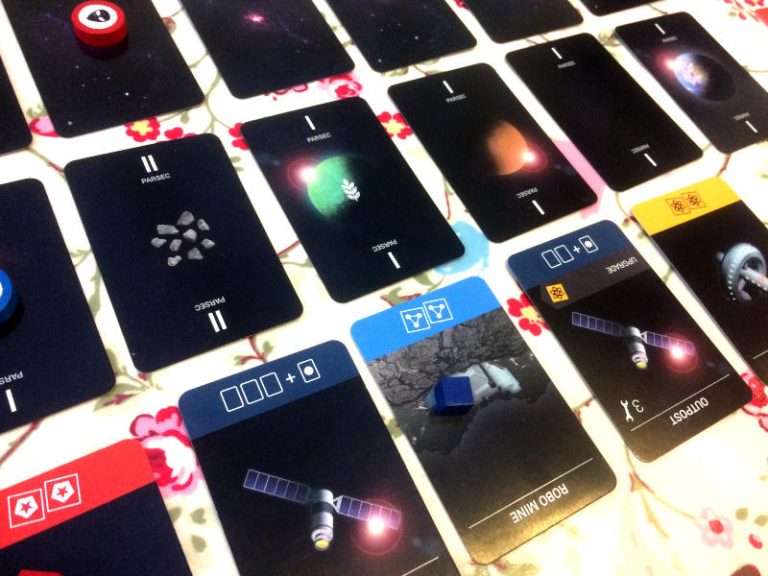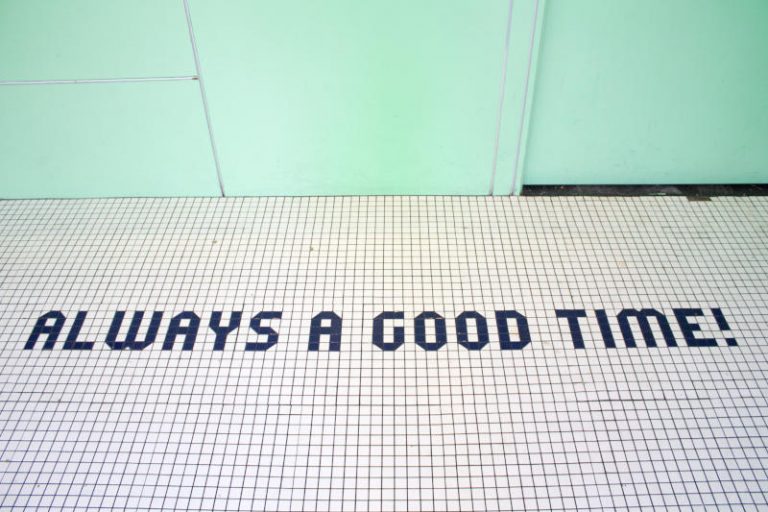Easy rules (Topic Discussion)
The holy grail of the perfect rulebook is something that most publishers try to find and is something that we all want. It's no surprise that unboxing videos usually show you what the rulebook of a game looks like and one reason why many publishers allow you to download rulebooks for their games, so you can see for yourself if you'll be able to learn the game from it. I have read quite a few rulebooks over the years and wanted to share my thoughts about what makes for a good rulebook.











